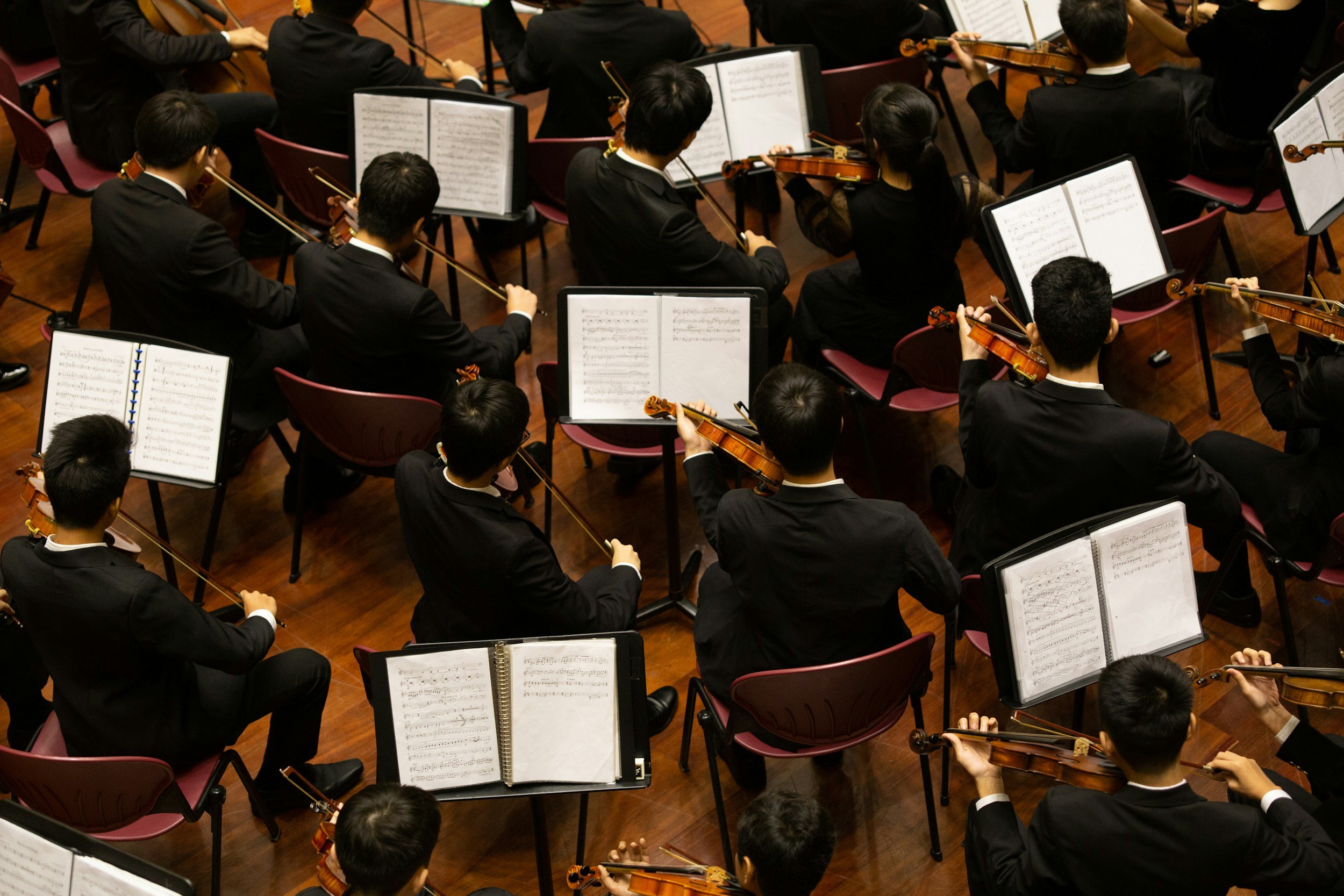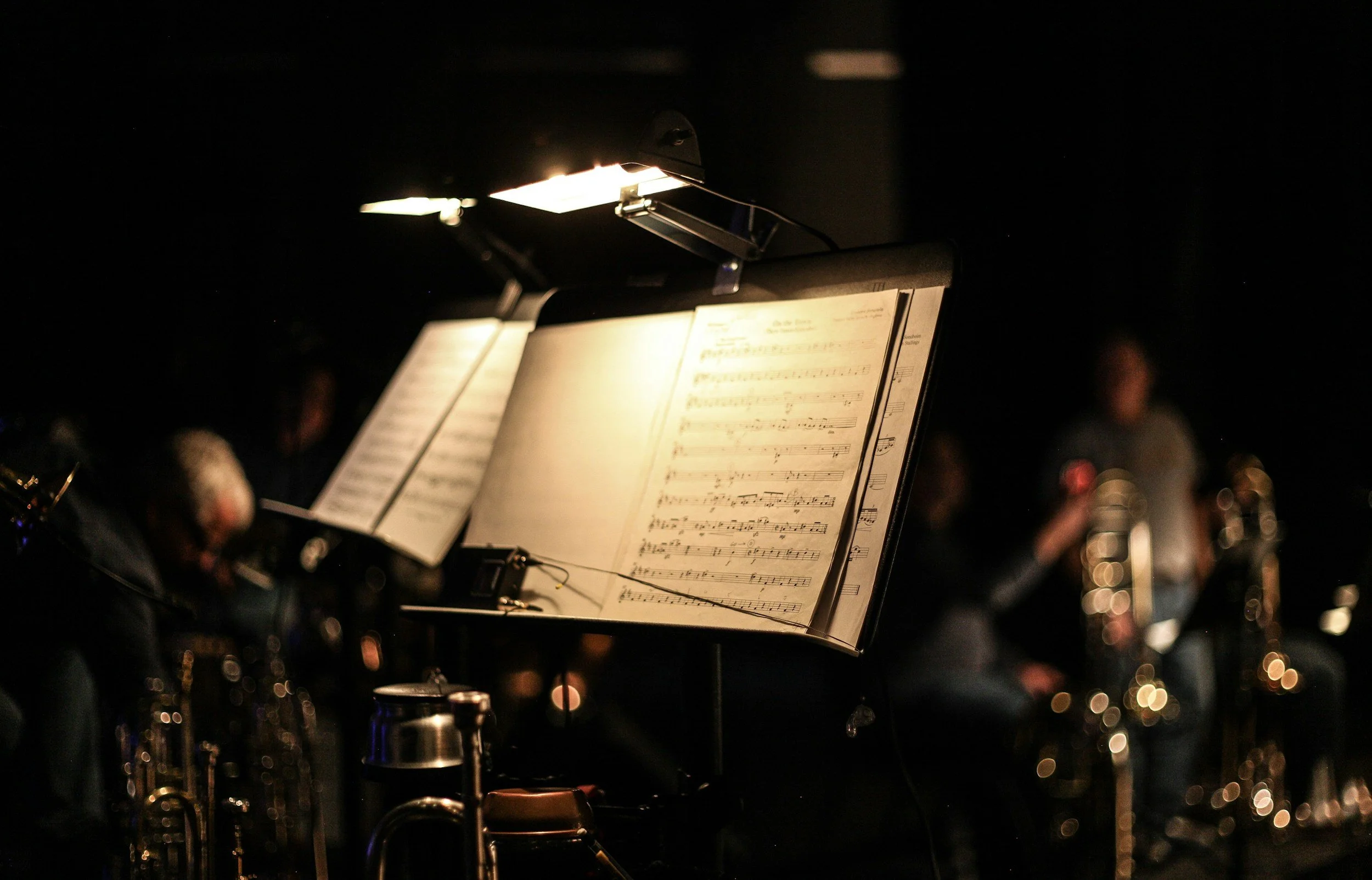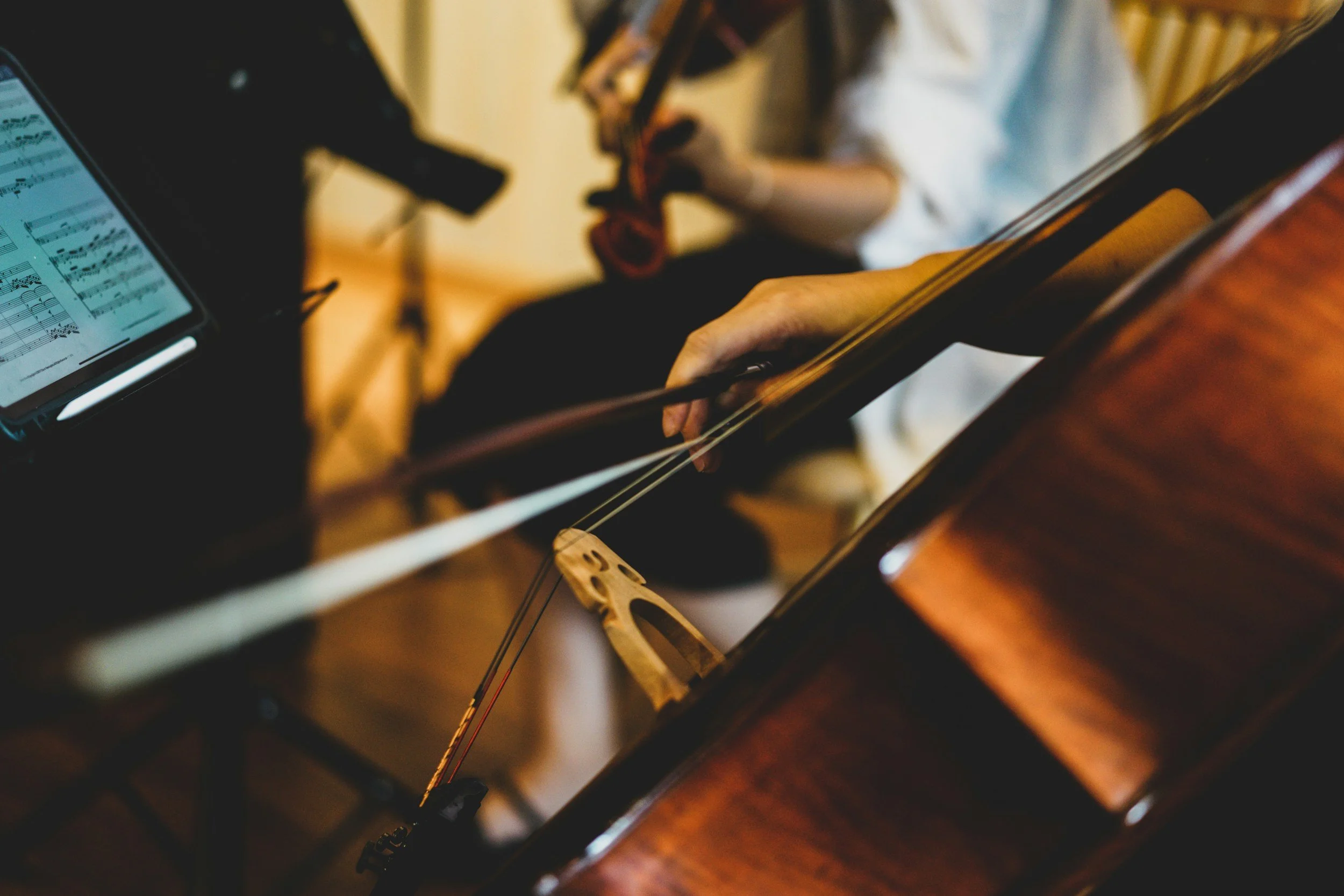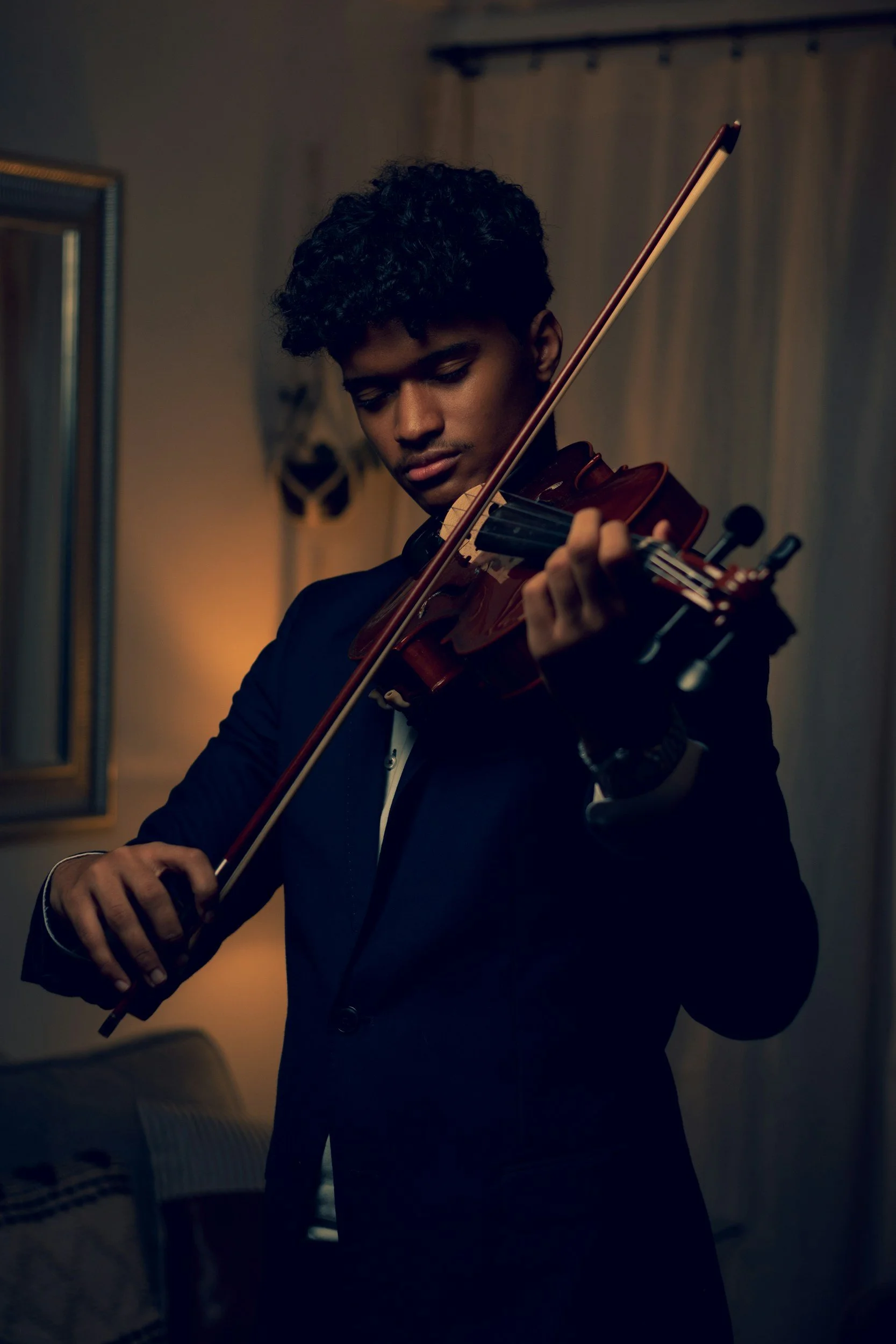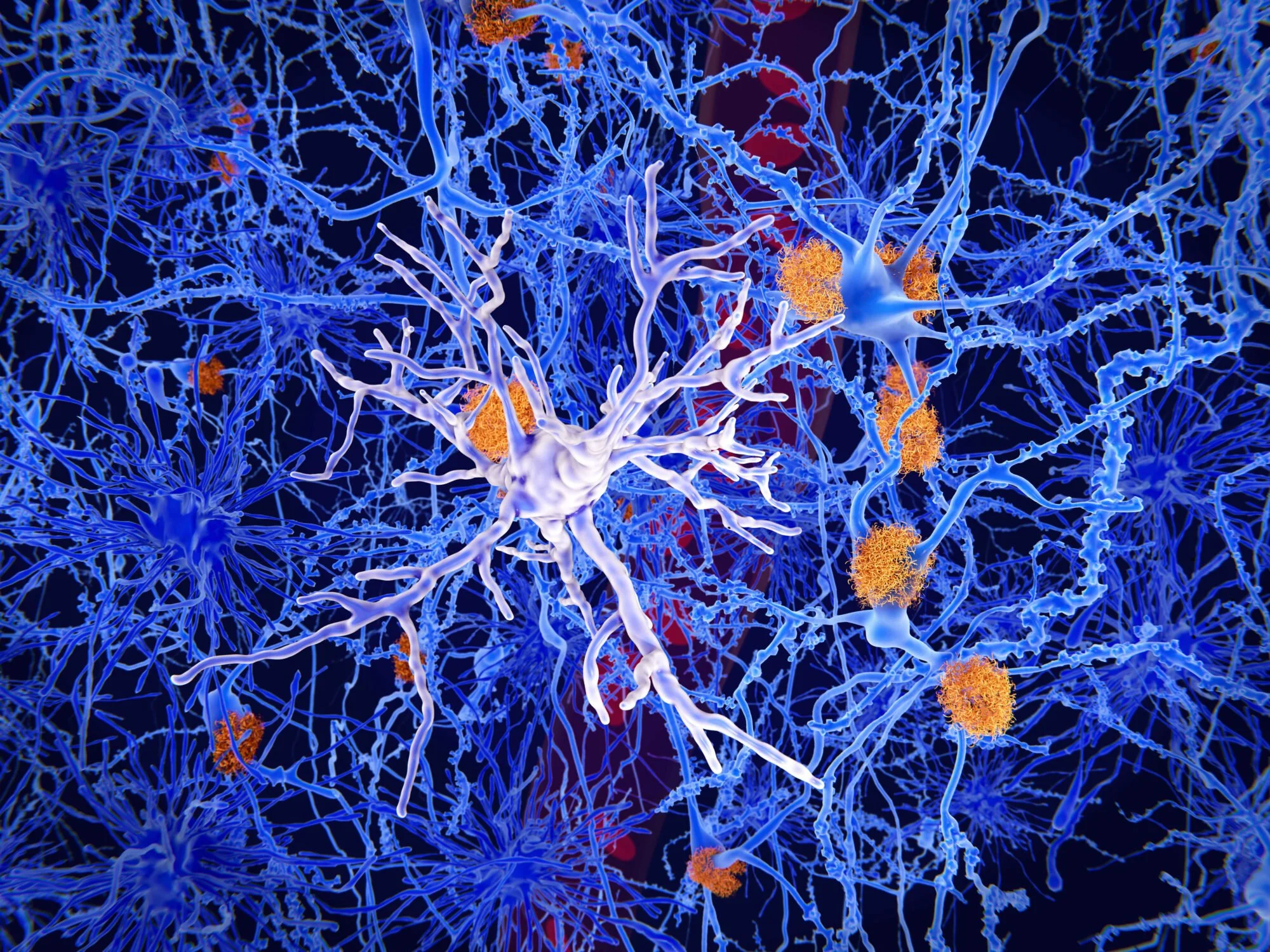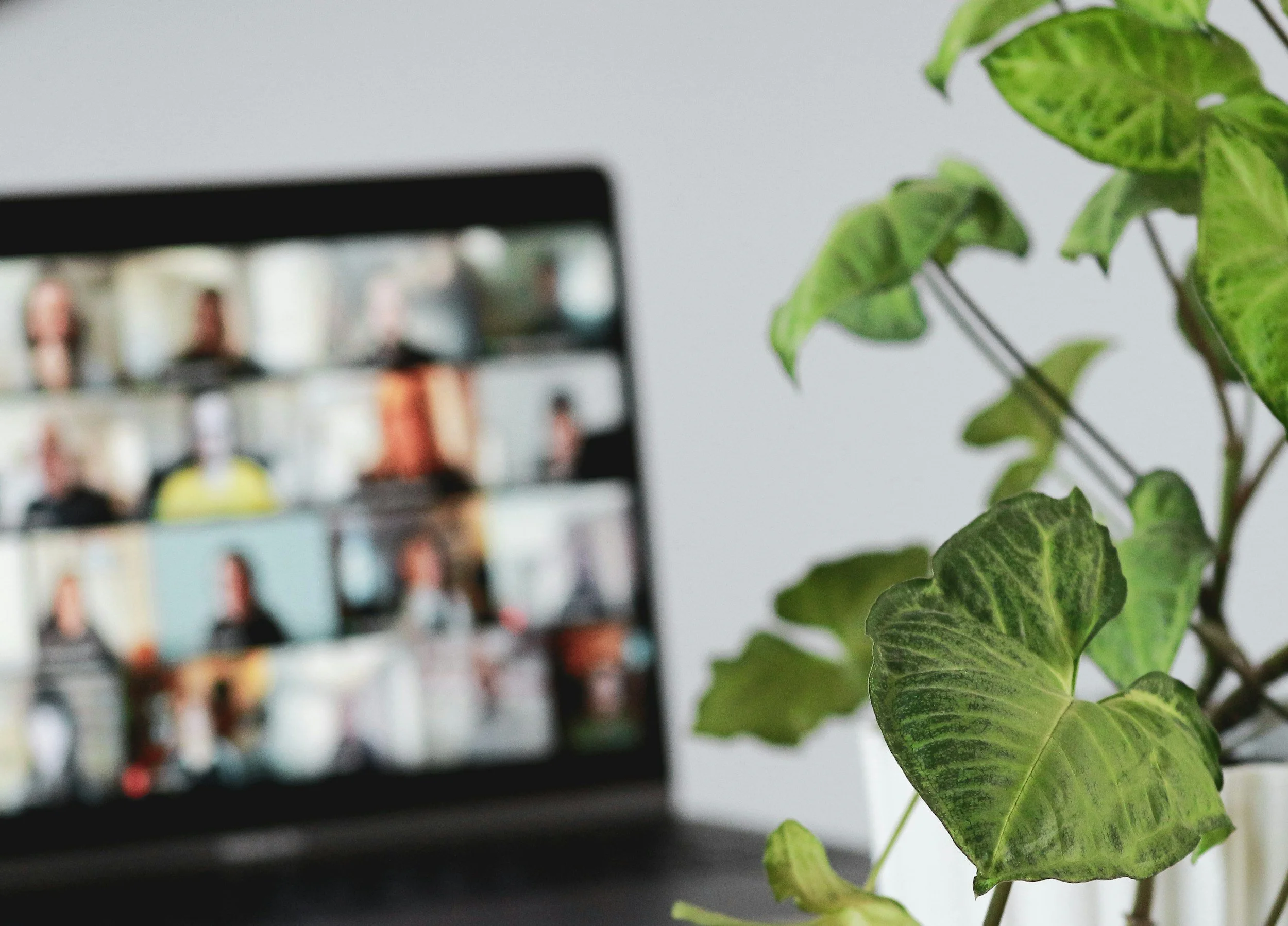What We Do
ConcertStories Initiative (Flagship)
Original music, real patient stories, short films, and disabled musicians sharing the same stage. Powered by InclusiVibe Podcast & Media
WHAT WE’RE BUILDING NEXT (AS FUNDING ALLOWS)
As we grow and governance capacity expands, we plan to launch a restricted fund program to support:
Artist access support (adaptive equipment, participation costs, or project-based access needs)
Micro-grants or scholarships for student composers and collaborators aligned with our inclusive programming
Limited, mission-aligned community support where permitted and responsibly administered
These programs are not currently open for applications. We will publish eligibility criteria, approval processes, and timelines before launch.
Adaptive Artistry & Inclusive Stages
Inclusive performances, commissioned work, and access-minded production that keeps disabled musicians in the field.
Neuro-Complex Education & Research
Ask-the-Expert sessions, short education modules, and resources that translate complex science into practical guidance.
Neuro-Complex Psychosocial Support Session
Peer support and navigation for people with EDS, CCI/AAI, tethered cord, and related conditions.


